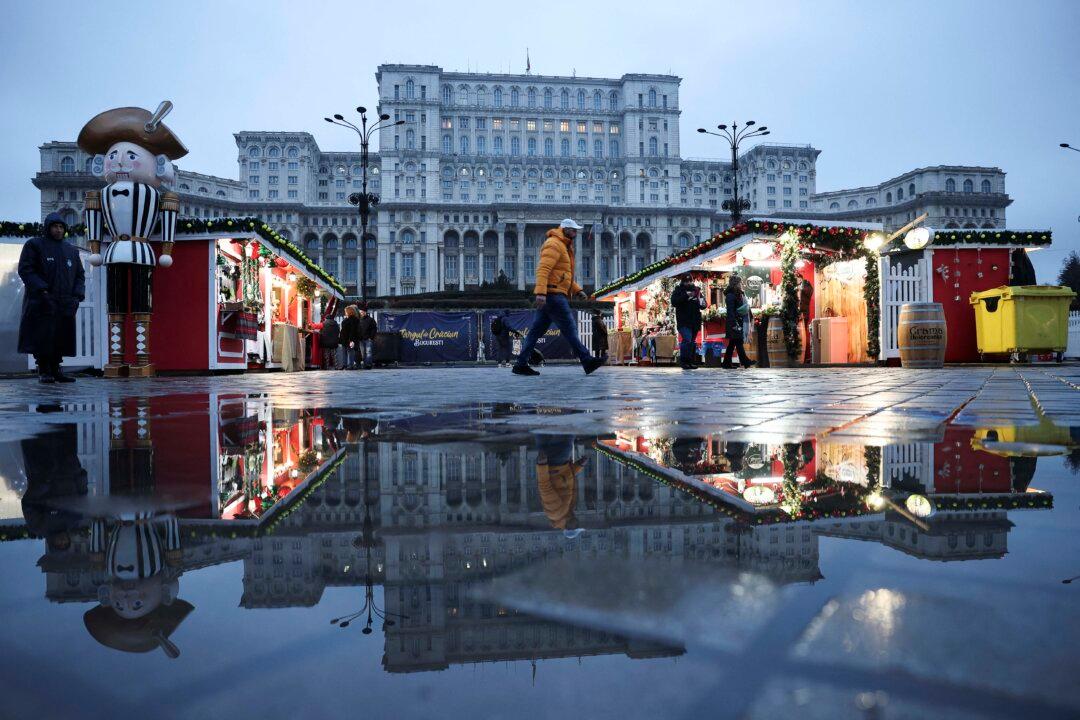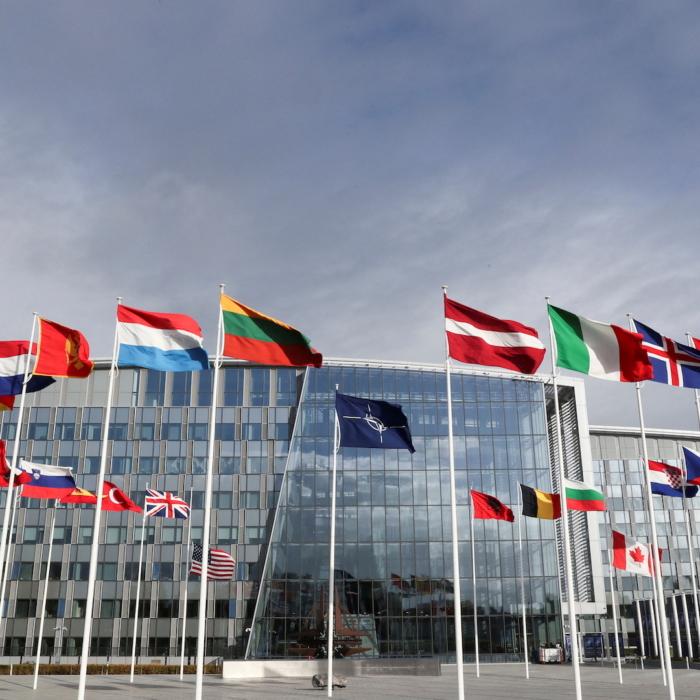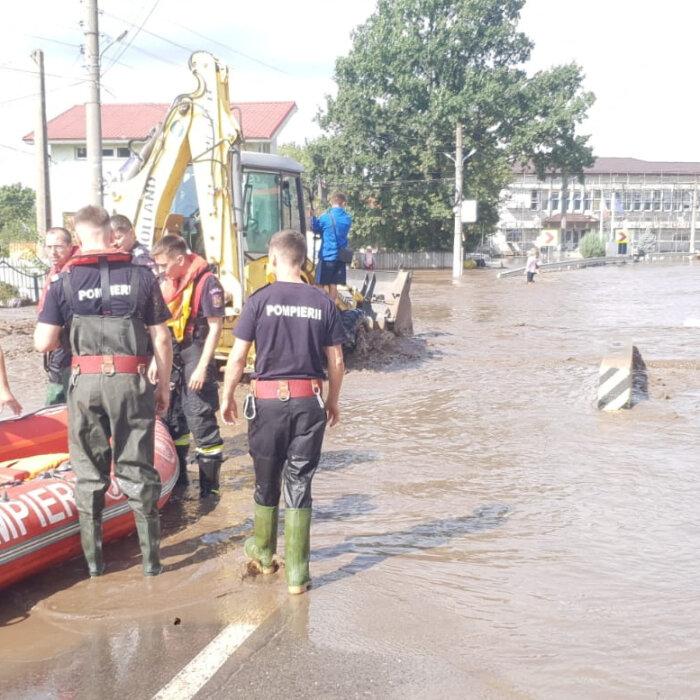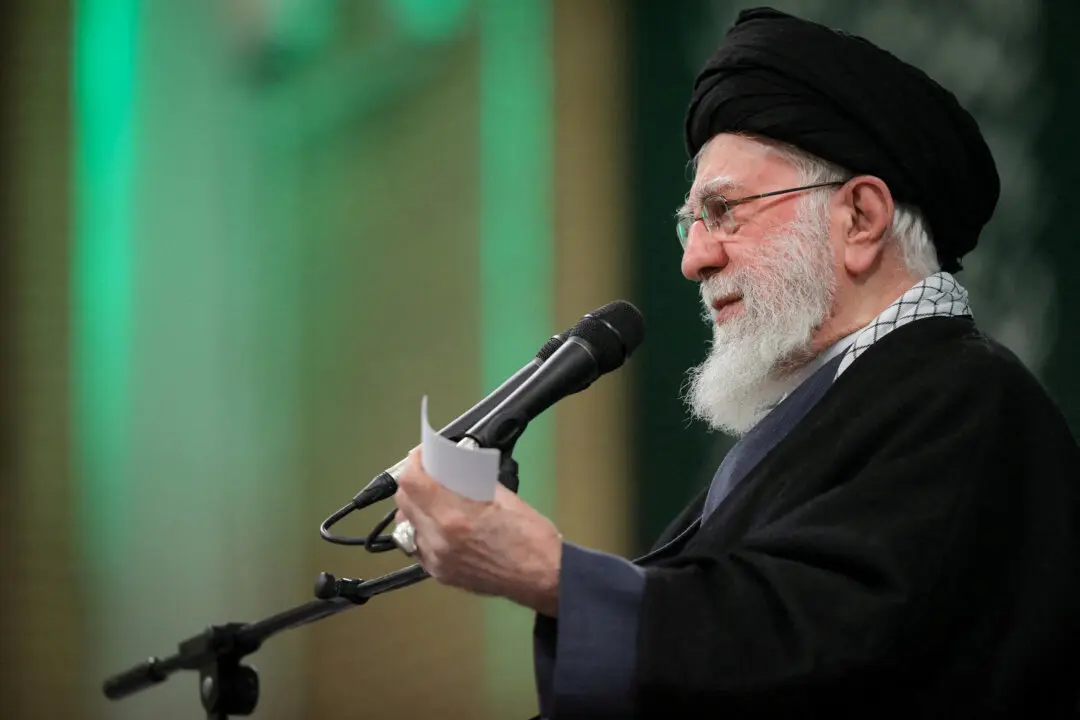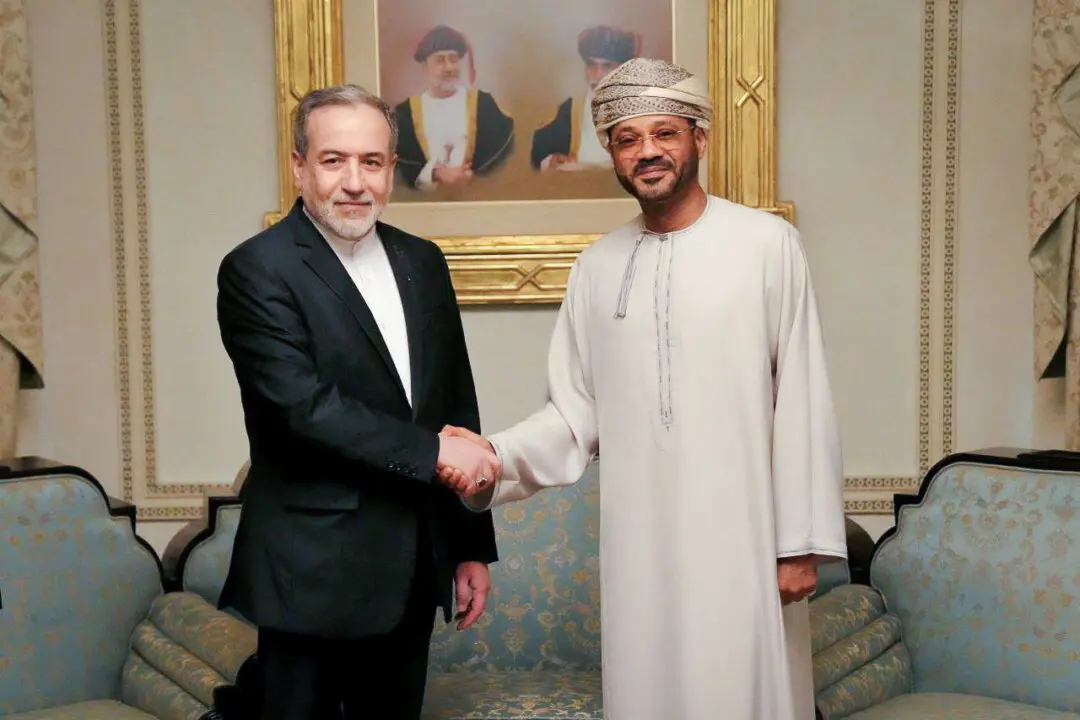Pro-European Union parties in Romania agreed to form a coalition on Dec. 11 to block a populist right-wing victory and potentially endorse a single candidate for the revote of the country’s recently annulled presidential election.
The left-wing Social Democrats, who are currently in power, won the most seats in the Dec. 1 parliamentary election, which also saw three nationalist and right-wing groupings win more than one-third of the seats.
The parliamentary vote was supposed to be the meat in a sandwich of two presidential election ballots, which saw the right-wing NATO-skeptic Calin Georgescu emerge as a front-runner in the first round on Nov. 24.
The second round of voting was to be held on Dec. 8, but Georgescu’s meteoric rise prompted allegations of Russian interference, which caused the country’s top court to annul the presidential vote on Dec. 6, declaring that the whole process needs to be re-run.
The new government in Romania will need to come up with a new calendar for the presidential election, likely in the first part of next year.
Outgoing President Klaus Iohannis, who will stay on until a new president is sworn in, will nominate a prime minister.
The current legislative term will end on Dec. 21.
On Dec. 9, the Social Democrats, their current coalition partners the Liberals, the opposition centrist Save Romania Union, and the ethnic Hungarian party all agreed to quickly form a pro-European government.
“In the coming days, the four parties and representatives of national minorities will work on a common governing program based on development and reforms which will consider the priorities of Romanian citizens,” the parties said in a joint statement.
Analysts expect that the quartet, which have frequently butted heads in the past, will struggle to agree on measures needed to lower Romania’s 8 percent economic deficit, the largest in the EU.
Ratings agencies and Brussels have said tax hikes are needed, which will likely prove unpopular with the electorate.
The parties said they were considering supporting a single pro-EU candidate for president in the upcoming rerun of the election in a bid to block support for the nationalists.
It remains unclear whether Georgescu will be allowed to run again, as prosecutors are currently investigating his campaign.
Elena Lasconi, leader of Save Romania Union, who was set to face Georgescu in the annulled presidential runoff, said after the agreement that “Romania is going through a very difficult” period and that cutting spending and reducing bureaucracy would be part of the governing program.
Last week, Georgescu called the annulment of the presidential election a “coup,” according to a written statement given to broadcaster Realitatea TV.
Georgescu was polling in the single digits in October but surged to a stunning victory with just shy of 23 percent of the first-round votes.
Had he gone on to win the second round, which had been scheduled for Dec. 8, he would have headed Romania’s armed forces, chaired the supreme defense council that decides military aid, and had the power to appoint the prime minister, chief judges, prosecutors, and heads of the secret service.
Georgescu would have also shared control of defense spending with the government and represented Romania at NATO and EU summits.
Over the weekend, Romanian prosecutors searched several properties as the investigation into potential illegal Russian financing in the presidential election got underway.
Moscow has denied accusations of meddling, with Russian Foreign Minister Sergei Lavrov quoted by the TASS news agency on Dec. 7 as saying, “We are deeply indifferent to what they are doing there.” He said the investigation into Russia’s possible interference was an attempt to “justify their machinations.”
Unclassified documents from Romania’s intelligence agency showed that Georgescu was massively promoted on TikTok through coordinated accounts, recommendation algorithms, and paid promotion.
But the social media site denied giving him special treatment, saying the account was labeled as a political account and treated like any other.
